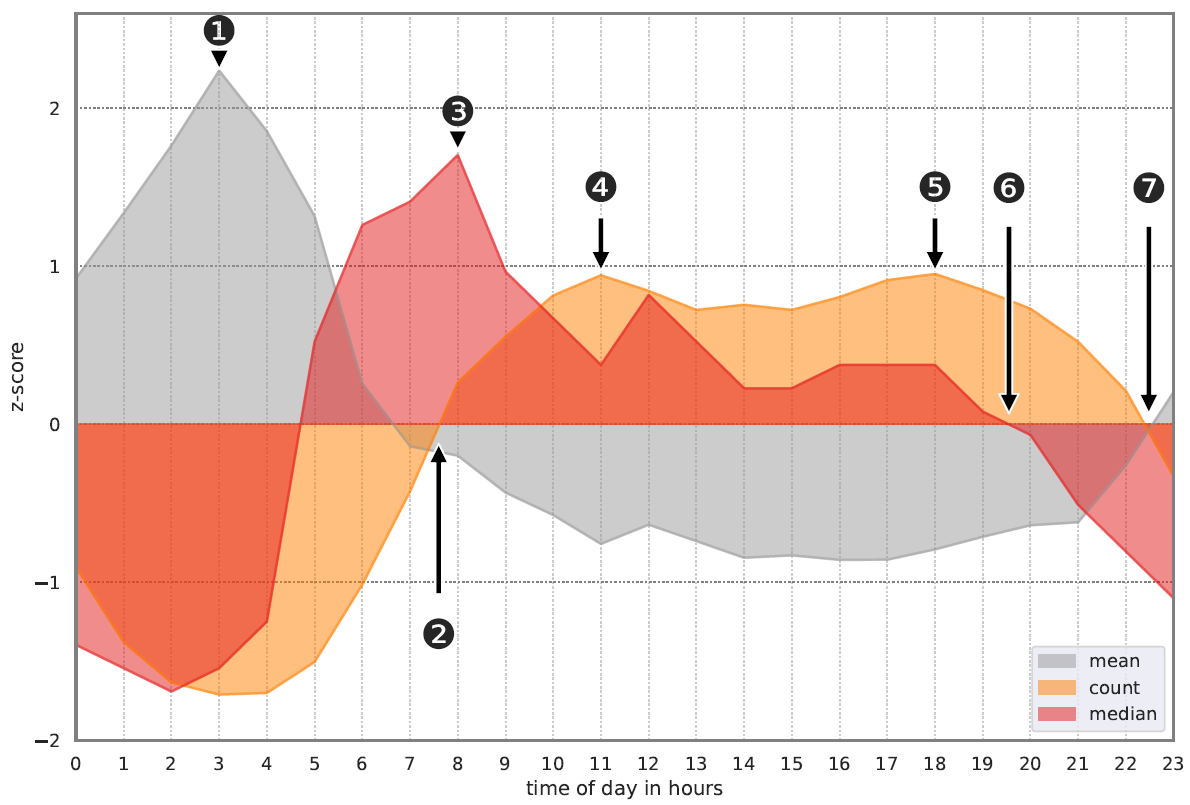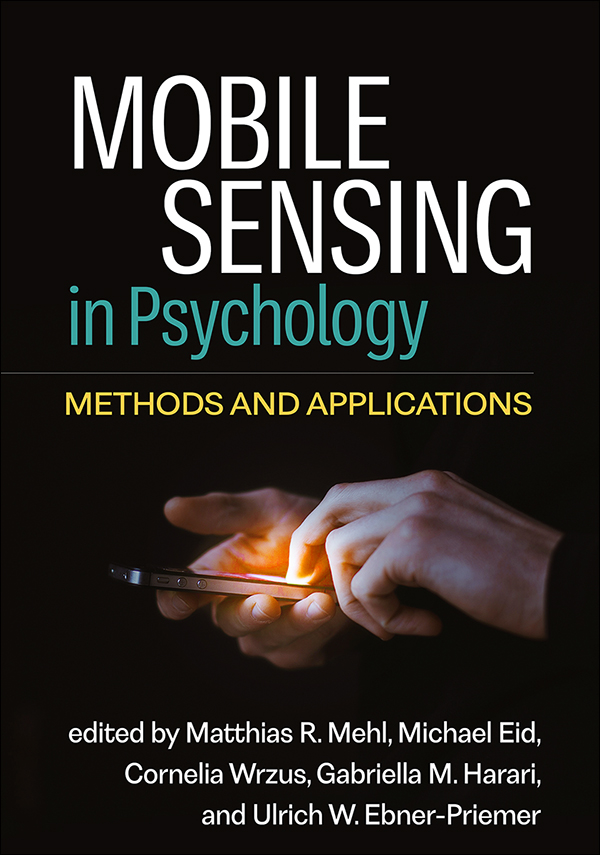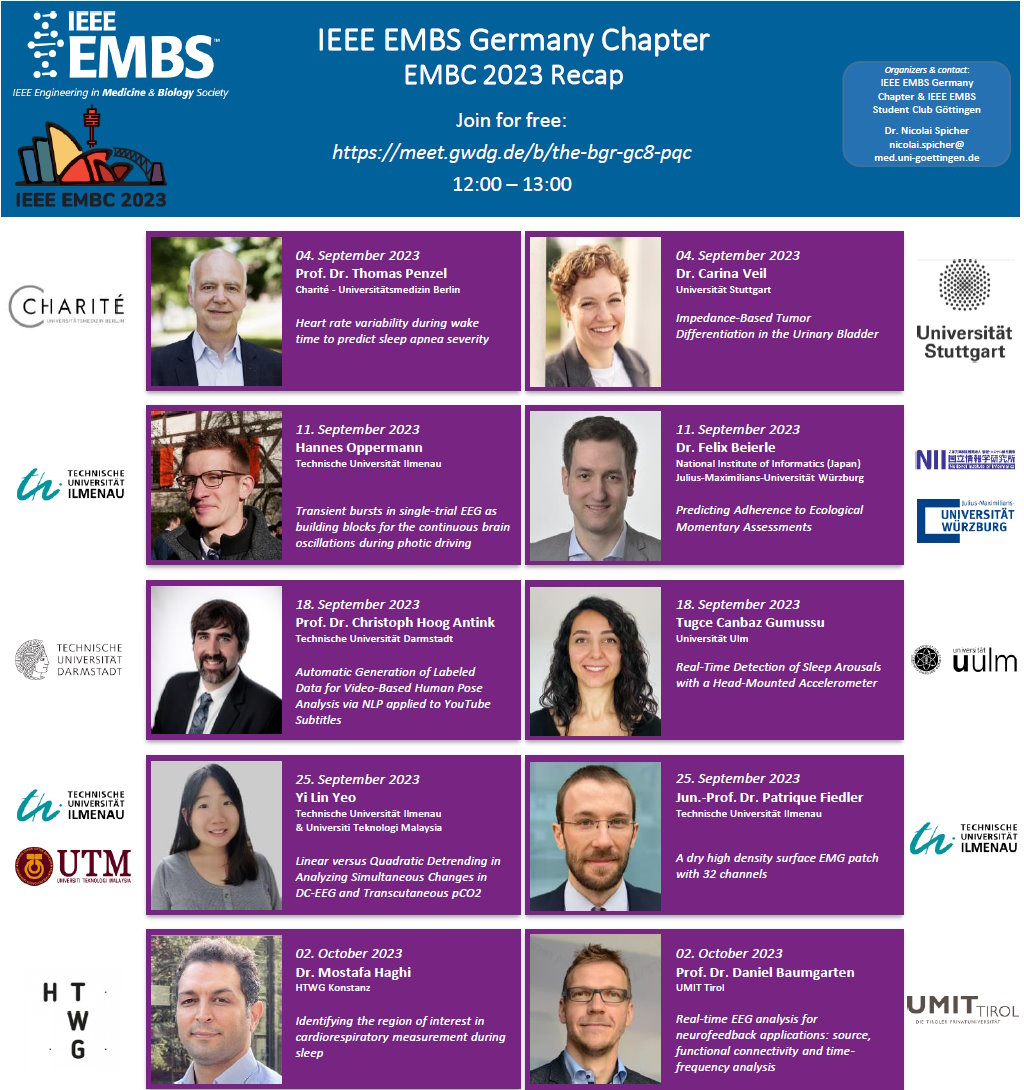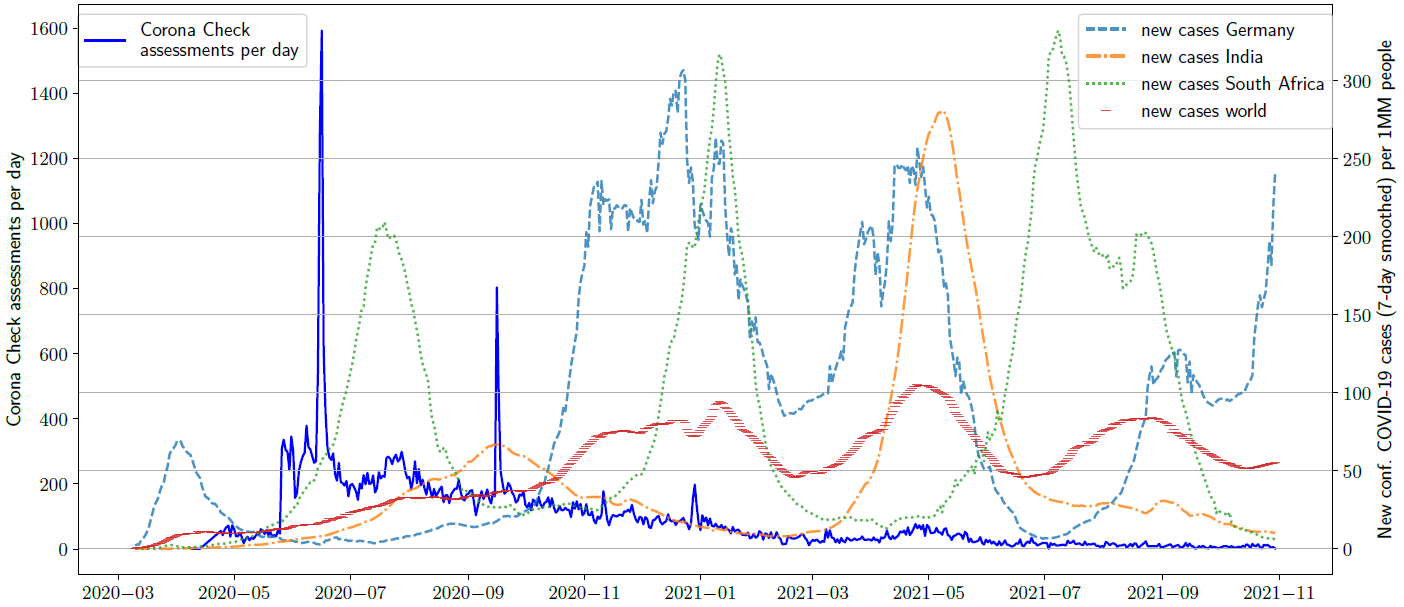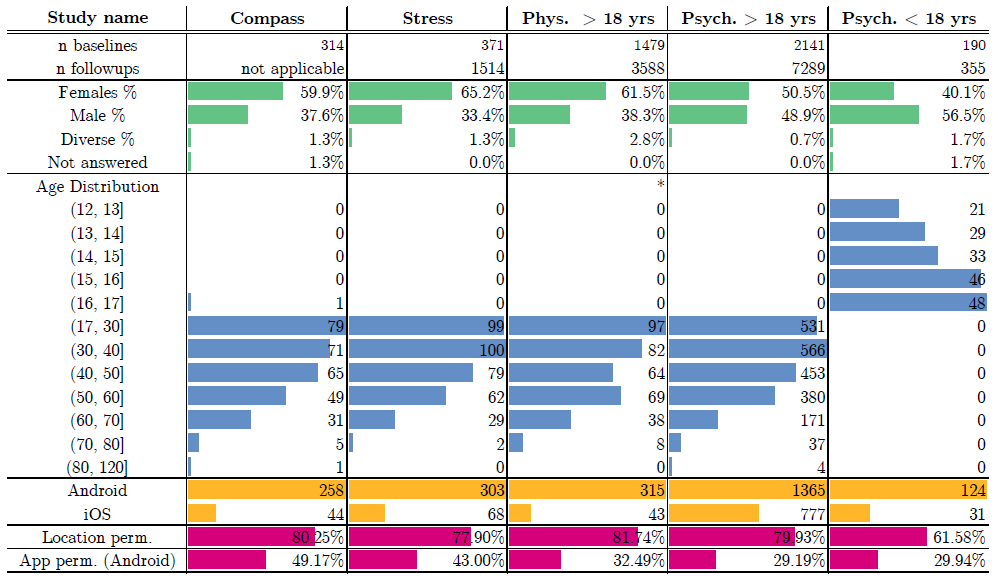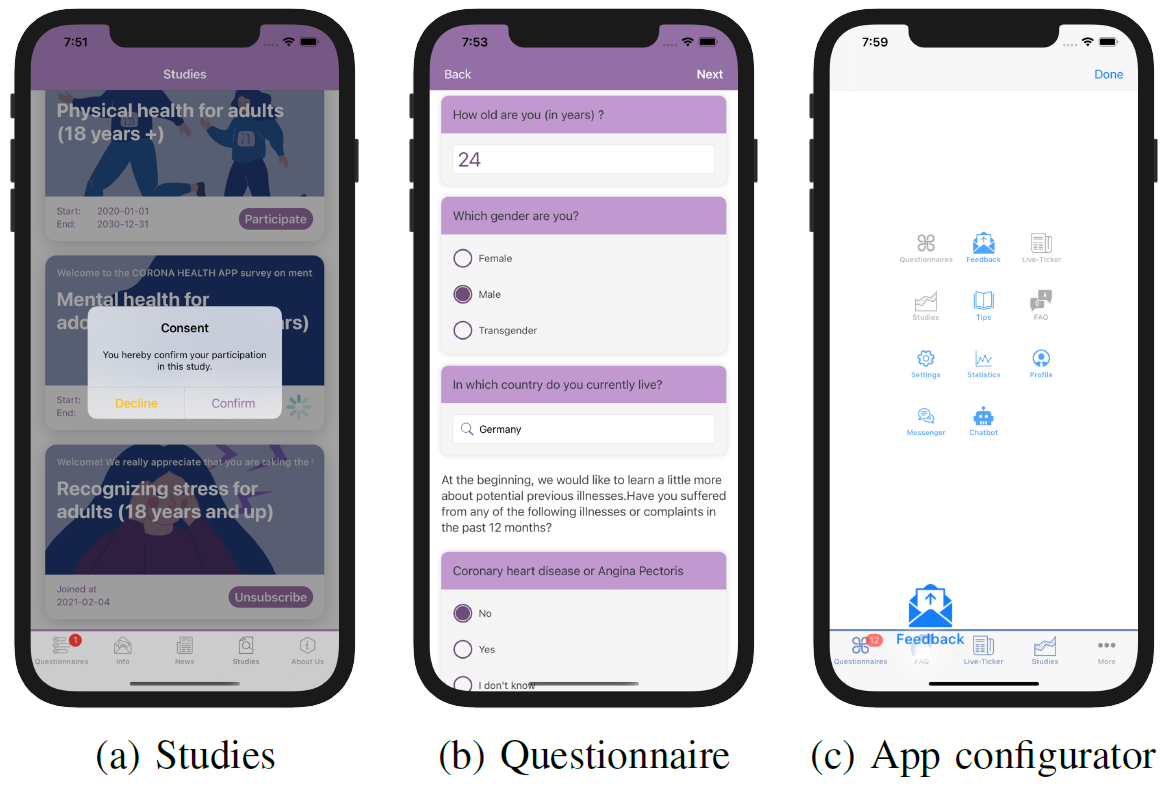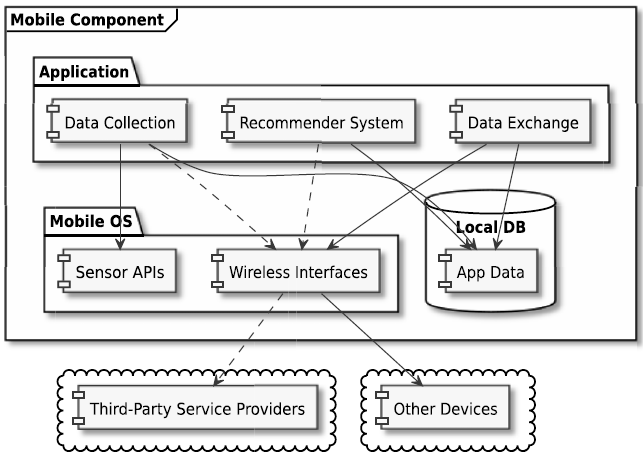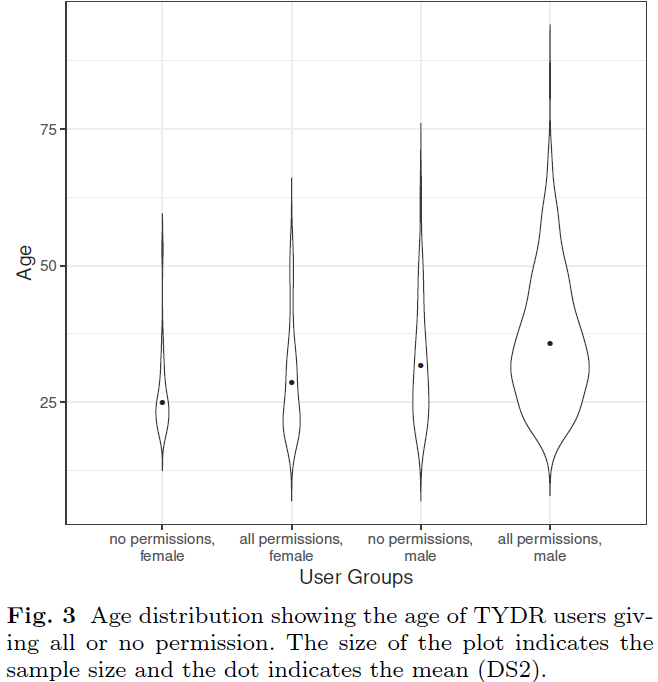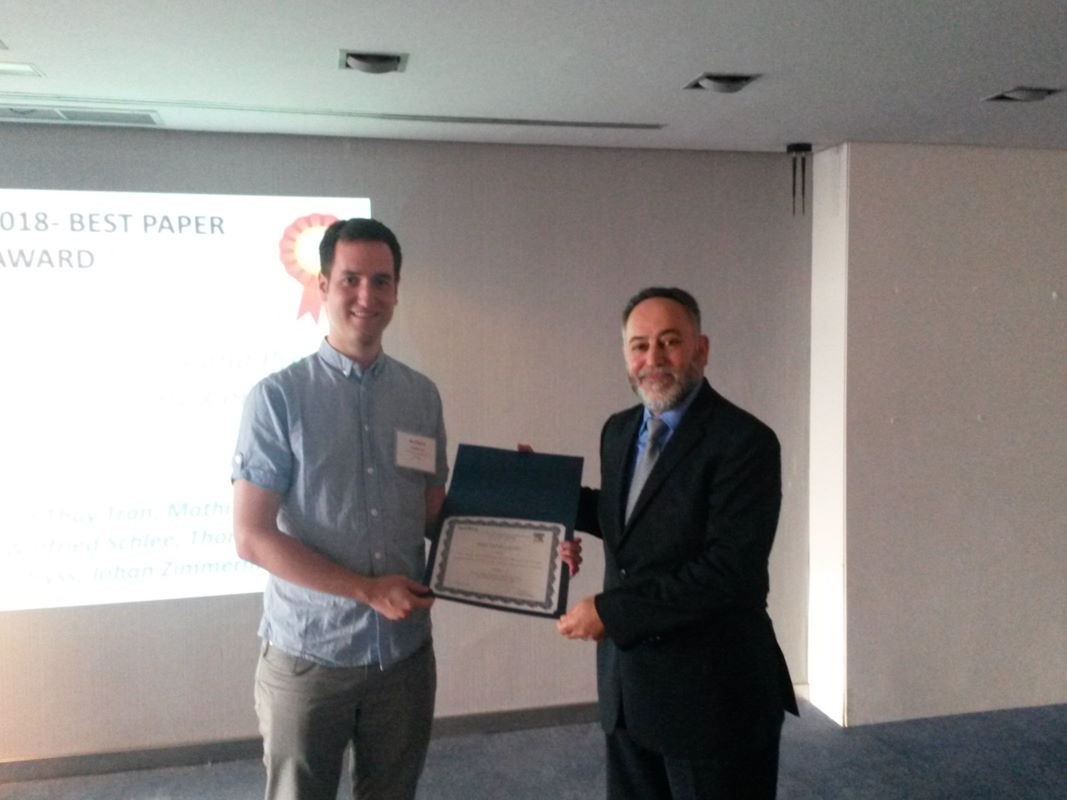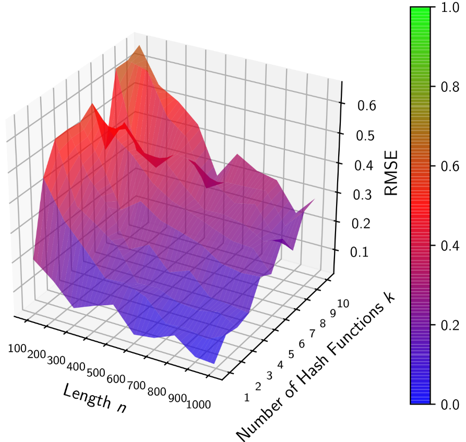How long do people take to react to smartphone notifications?
Notifications are one of the most essential features of smartphones. App developers and researchers typically want to reach their audience at opportune times. We analyzed almost 10 million notifications collected from 922 users. Most notifications were logged in the late morning and late afternoon. Between 8 pm and 11 pm, the interaction delay (time between … Read more
